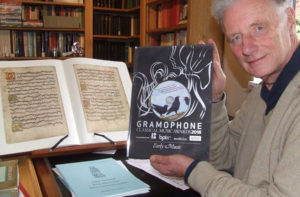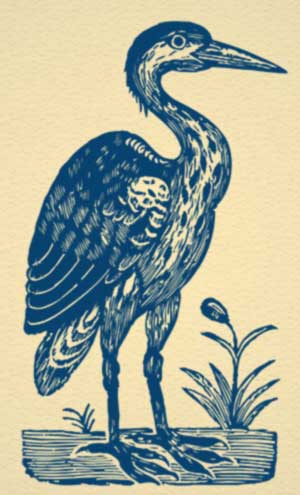Nick Sandon spent his early childhood in a Georgian rectory hidden away in the Kentish  Downs, and has always wondered why that ideal existence had to end. Never having met another child, he found the society of his peers at the local primary school utterly alien. Secondary education in Canterbury was more congenial although the school was ill-equipped to foster the passion for music that gripped him in early adolescence: he taught himself to sight-read at the piano, composed music of outstanding ineptitude and derivativeness, and considered himself a consummate artist. All but one of the universities at which he contemplated studying music declined his proposal to join them, but with great perspicacity Birmingham University admitted him, gave him a scholarship and in 1970 awarded him a B.Mus. degree with first-class honours. During his time there the staff of the Music Department offered further proof of their acumen by persuading him that he had no future as a composer but might find a niche in academe. He embarked upon doctoral research into the music of Ockeghem, but this was cut short by his appointment in 1971 to a lectureship in music at Exeter University. Research became a lesser priority for a few years, and when it resumed in the mid-1970s it was on a new project that has engaged him ever since and that he now feels he was born to undertake: the origins and implications of the Peterhouse Henrician partbooks and their music. His doctoral thesis was accepted in 1983 and in 1992 he began to publish his restorations of the incomplete Peterhouse compositions. In 1986 he became Professor of Music at University College, Cork, where for the first and so far only time in his life he heard English universally spoken with finesse. In 1993 he returned to Exeter as Professor of Music, to be appalled by what he found to have happened to English society and tertiary education during his Irish sojourn. He retired in 2003 and with his wife Virginia (for whose understanding and sharp editorial eyes he is ever grateful) spent the next thirteen years in France profonde, a tailor-made environment for the study of Tudor church music; they now live in East Devon. His secondary topic of research is the Use of Salisbury, the paramount liturgy of late medieval England. Other publications include The Oxford Anthology of Medieval Music and John Sheppard: Masses; broadcasts include the series of liturgical reconstructions The Octave of the Nativity and Trinity Sunday at Worcester Cathedral for BBC Radio Three. He is General Editor of the early music publisher Antico Edition. He enjoys cricket (now alas vicariously) and gardening, and has found the transition from Young Turk to Old Berk all too easy.
Downs, and has always wondered why that ideal existence had to end. Never having met another child, he found the society of his peers at the local primary school utterly alien. Secondary education in Canterbury was more congenial although the school was ill-equipped to foster the passion for music that gripped him in early adolescence: he taught himself to sight-read at the piano, composed music of outstanding ineptitude and derivativeness, and considered himself a consummate artist. All but one of the universities at which he contemplated studying music declined his proposal to join them, but with great perspicacity Birmingham University admitted him, gave him a scholarship and in 1970 awarded him a B.Mus. degree with first-class honours. During his time there the staff of the Music Department offered further proof of their acumen by persuading him that he had no future as a composer but might find a niche in academe. He embarked upon doctoral research into the music of Ockeghem, but this was cut short by his appointment in 1971 to a lectureship in music at Exeter University. Research became a lesser priority for a few years, and when it resumed in the mid-1970s it was on a new project that has engaged him ever since and that he now feels he was born to undertake: the origins and implications of the Peterhouse Henrician partbooks and their music. His doctoral thesis was accepted in 1983 and in 1992 he began to publish his restorations of the incomplete Peterhouse compositions. In 1986 he became Professor of Music at University College, Cork, where for the first and so far only time in his life he heard English universally spoken with finesse. In 1993 he returned to Exeter as Professor of Music, to be appalled by what he found to have happened to English society and tertiary education during his Irish sojourn. He retired in 2003 and with his wife Virginia (for whose understanding and sharp editorial eyes he is ever grateful) spent the next thirteen years in France profonde, a tailor-made environment for the study of Tudor church music; they now live in East Devon. His secondary topic of research is the Use of Salisbury, the paramount liturgy of late medieval England. Other publications include The Oxford Anthology of Medieval Music and John Sheppard: Masses; broadcasts include the series of liturgical reconstructions The Octave of the Nativity and Trinity Sunday at Worcester Cathedral for BBC Radio Three. He is General Editor of the early music publisher Antico Edition. He enjoys cricket (now alas vicariously) and gardening, and has found the transition from Young Turk to Old Berk all too easy.



